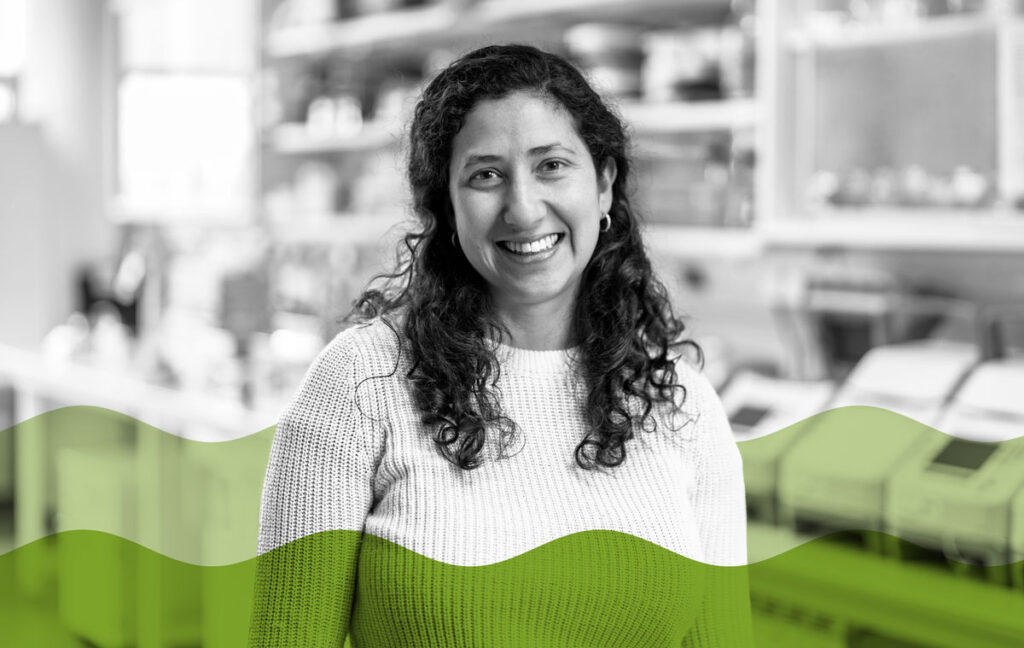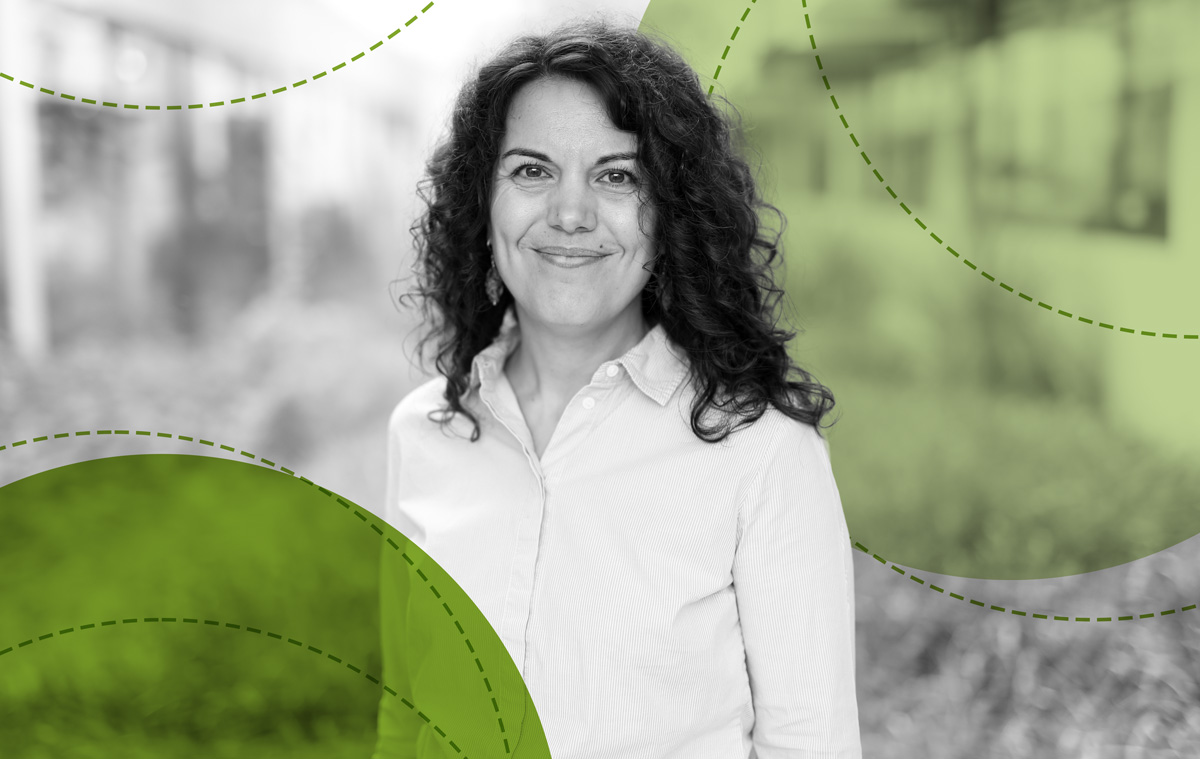Sheila Roitman’s first application to the EMBO Postdoctoral Fellowship programme was not successful. She decided to review her proposal and eventually convinced the selection committee members that she had the skills and expertise to take her project where she wanted to. “Failure did not deter me from getting back to work,” underlines Sheila. “I knew that I was a strong candidate, but so were many other applicants. It took dedication and commitment to get where I am at right now.”
With scientific roots in agricultural studies and marine microbiology, Sheila strives to tackle food security through scientific discoveries. She completed her PhD at Technion in EMBO Member Oded Béjà’s laboratory and decided to complement her knowledge of aquatic viruses with the microbes that are infecting or living with agricultural plants. She now studies the role of microbes and phages in Arabidopsis at the Max Planck Institute for Biology in Tübingen, Germany.
“The Arabidopsis is a model plant when it comes to agricultural crops”, she mentions. “It resembles seasonal yearly crops in its lifestyle. While the Department of Molecular Biology’s focuses on genomics and genetics, it allows me to build a strong foundational knowledge of these fields through this plant.”
“The EMBO Postdoctoral Fellowship has been an incredibly supportive experience in that regard,” she adds. “The last two and a half years have been difficult, and I was for example pleasantly surprised to learn about the childcare grants available through EMBO. Not many other institutions provide these opportunities, on top of the training and networking opportunities that are more commonly known.”
Looking ahead, Sheila plans on bringing her multidisciplinary expertise to the field of agricultural studies. She hopes to conduct her research at the intersection of basic and applied sciences and to make an impact in a world where 80% of the global population is at risk from crop failures and hunger.



